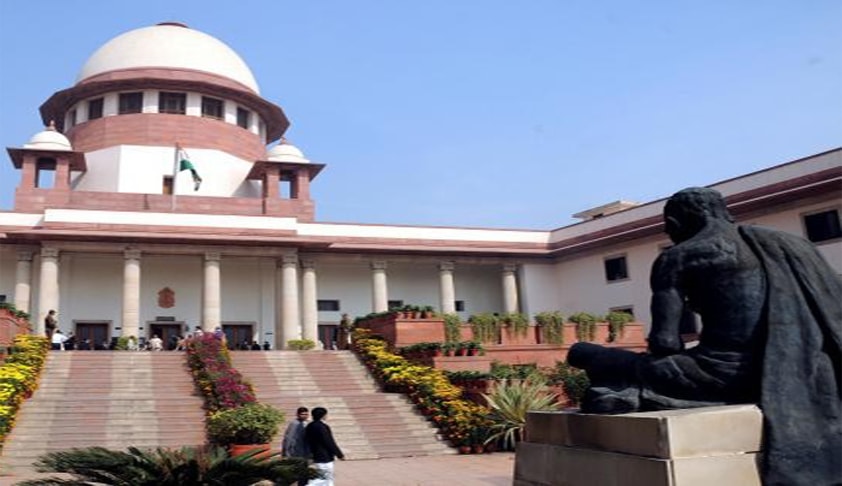Can One Bench Of The Supreme Court Copy-Paste Judgment Of Previous Bench Without Attribution?
LiveLaw Research Team
10 March 2017 9:55 AM IST

Next Story
10 March 2017 9:55 AM IST
Supreme Court Justices Pinaki Chandra Ghose and Rohinton Fali Nariman might have, inadvertently, copy-pasted portions of a previous judgment, delivered by another bench, without attribution in a recent order.In their order, disposing of the Special Leave Petition in the case of Unnikrishnan @ Unnikuttan v State of Kerala, on March 1, Justices Pinaki Chandra Ghose and Rohinton Fali...
